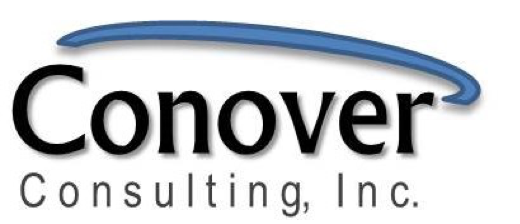Why Trust In Leadership is Mission Critical in 2021
Trust was hard to come by in 2020. Whether the subject was public health, climate change, new technologies, or national politics, any new pronouncement, guideline, or projection was inevitably met with an onslaught of doubt and skepticism from every corner of broadcast, electronic, and social media. With everyone now entitled to their own “facts,” the very fabric of society seemed to be coming apart.
As we now segue into 2021, we are looking forward to what we hope will be a less hectic, less divisive, and less contentious year. The key? Greater trust. As we’ve long heard, trust, while easily lost, is not so easily regained. Or as investment mogul Warren Buffett once said, “Trust is like the air we breathe. When it’s present, nobody really notices. When it’s absent, everyone notices.”
Leaders of organizations would do well to heed Buffett's words. For those who managed to survive the trials of 2020, the year ahead will be a time to restore confidence, revive optimism, and promote continued morale and goodwill among employees. This means not only taking steps to enhance trust in executive leadership, but in mid-level managers as well.
Helpfully, the importance of trust to company success is a principal focus among many top business thought leaders. Reflecting on their views can offer us insights as we prepare to close out one year and begin another. For example, John Townsend, author of the best-seller Leadership Beyond Reason: How Great Leaders Succeed by Harnessing the Power of Their Values, Feelings, and Intuition (2011), lists eight elements of excellent organizational culture. It’s no surprise, “Trust in Leadership” is element number-one.
Likewise, Josh Bersin, global industry analyst as well as founder and dean of the Josh Bersin Academy, a development academy for HR professionals, has famously stated: “Trust is the new business currency.” According to Bersin, “With an uncertain future looming, trust is going to be a significant currency in business. A business that builds trust with its employees is more likely to keep its employees during rough times and even convince them to take pay cuts to keep the company afloat.”
Meanwhile, Marcus Buckingham, the U.K.-born author, motivational speaker, and business consultant, and long-time member of the Gallup Organization, recently studied more than 25,000 people in 25 countries to determine the sources of organizational resilience. Of the 10 markers Buckingham defined, four concerned the trust issue. Specifically, he discovered resilient organizations possess these four things in common:
Senior leaders are one step ahead of events.
Senior leaders always do what they say they will.
Employees trust senior leadership.
Employees also trust their immediate supervisors.
Knowing the importance of trust on culture, how can senior leaders get employees to (continue to) trust them? Here are several critical ways:
Paint a credible, attainable picture of the future, then design and execute policies consistent with this vision.
Give people the information and tools they need to do their jobs. (This seems elementary, but it’s surprising how many supervisors expect new employees to “hit the ground running” without offering the background and resources needed to do the work.)
Don’t hold back or “silo” information between work teams. Employees need to know the “big picture” as well as the information specifically relevant to their tasks.
Get out ahead when it comes to sharing bad news. Don’t let people find out through the “grapevine” about hard changes ahead. When executives are stingy with information, employees will naturally fill in gaps, often with conclusions more upsetting and destructive than the truth.
Invite people on all levels of the org chart to tell you what they think you don’t want to hear. Yes, encourage difficult conversations. You don’t have to agree with everything people tell you or accede to all of their requests, but your staff will feel good that they’ve been heard.
****
As this recent profile in Forbes attests, I have spent the last two decades helping companies build cultures that are open, honest, and productive. What does this look like in practice? An organization engendering trust is one where people like to work, one which retains its best employees, and one that attracts and keeps customers.
Building and maintaining trust should be a top priority for any business eager to shake off the shackles of 2020 and enter a bold new era in the year ahead. Let me show you how. Contact me today at laura@conoverconsulting.com. I trust you will not be disappointed.
